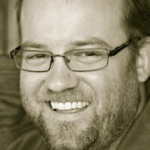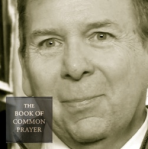“Beware you be not swallowed up in books! An ounce of love is worth a pound of knowledge.”
“Catch on fire and others will love to come watch you burn.”
“We should be rigorous in judging ourselves and gracious in judging others.”
“Do you not know that God entrusted you with that money (all above what buys necessities for your families) to feed the hungry, to clothe the naked, to help the stranger, the widow, the fatherless; and, indeed, as far as it will go, to relieve the wants of all mankind? How can you, how dare you, defraud the Lord, by applying it to any other purpose?”
“I continue to dream and pray about a revival of holiness in our day that moves forth in mission and creates authentic community in which each person can be unleashed through the empowerment of the Spirit to fulfill God’s creational intentions.”
All of the above are attributed to John Wesley, who, in attempting to revitalize and renew the Church of England, ended up setting in motion a whole new kind of church. Our latest course, Introducing Methodism, shows us how Anglicans John and Charles Wesley forever changed the landscape of Protestant Christianity. Methodism reminds us that God calls us to help the poor, to be on fire in our hearts, and to work towards holiness in this life. 
Whether you’re a stranger to the Methodist Church or a longtime member, even if you’re happily dedicated to another denomination, you’ll find much wisdom and food for thought in this course. Jason Byassee’s fascinating reflections encourage us all to renew and revitalize our own faith, and to remember that faith is a verb, that our hearts should always burn for Jesus Christ. Click here to learn more or to register.
Jason Byassee is a popular speaker, author, and pastor of Boone United Methodist Church in North Carolina.



